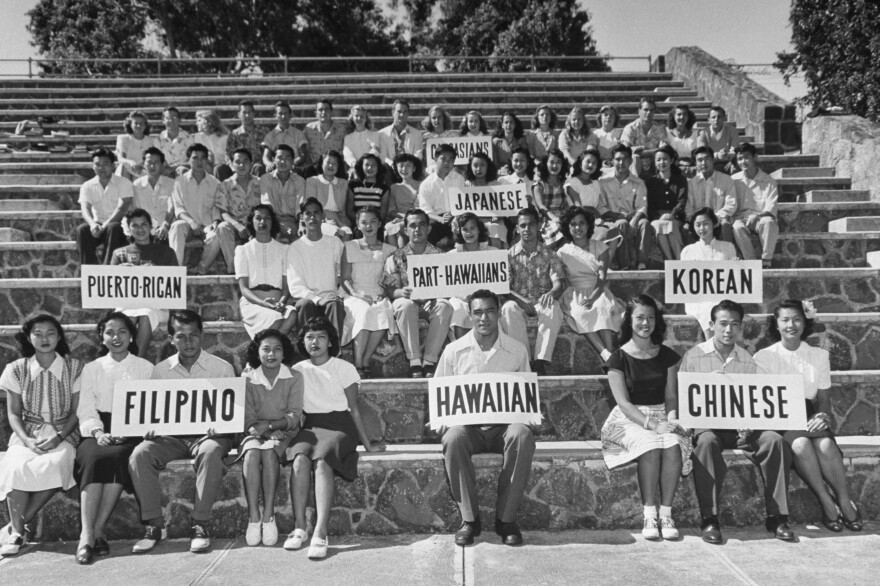A U.S. Supreme Court ruling on Thursday to end the ability for colleges to consider race in their admissions is now prompting institutions in Hawaiʻi to look at how it will affect their policies.
The reversal of this decades-long precedent was decided by a six-justice conservative supermajority to require that universities use "colorblind" criteria when admitting new students.
Andrea Freeman, a University of Hawai‘i William Richardson Law School professor, said the ruling is not surprising but still upsetting.

She said the effect on college admissions is unclear, adding that it may depend on each school's policies.
“The opinion doesn’t say that an applicant can never say anything about their race,” Freeman said.
She explained how students can still acknowledge their race in other ways, such as in an admissions essay. "It doesn’t have to be scrubbed from all admission materials," she continued.
Affirmative action is a practice used by universities to increase diversity in their student population. Universities must now explore alternative ways to ensure diversity without requiring students to formally disclose their race.
“The way they would do that is to say, 'This person has a unique contribution to make because maybe they overcame challenges due to racism in society or other things related to race that makes them an outstanding candidate,'” Freeman said.
The policy was created in the 1960s by former President John F. Kennedy to address racial discrimination that was historically found in education and employment.
University of Hawaiʻi President David Lassner announced Thursday that UH would determine if changes to its policies are needed.
The ruling comes after the UH Board of Regents adopted a strategic plan laying out the university's vision over the next six years.
One of the promises is for UH to uphold “its commitment to provide higher education for everyone, including underrepresented communities such as Native Hawaiian, Pacific Islander, Filipino, economically disadvantaged, first-generation, LGBTQ+ and more."

“UH takes great pride in the fact that our campuses are often ranked as the most diverse in the country, reflecting the population of Hawaiʻi,” Lassner said in a statement. “Our seven UH community colleges have an 'open door' admissions policy, and our three universities currently admit all qualified undergraduate applicants to the campus.”
Jennifer Walsh, the provost and vice president at Hawai‘i Pacific University, said the institution doesn’t have a race-based policy, adding that 60% of the universities nationwide do not have it.
“We are fortunate and blessed that students are naturally attracted to HPU, and I think that probably extends to other universities in Hawaiʻi as well,” Walsh said.
However, the ruling may take a hit on incoming student enrollment. Freeman said states like California had eliminated such programs for diversity where there were drops in admission rates for students of color.
“So we might expect to see something like that, but we can’t be sure yet," Freeman said.





